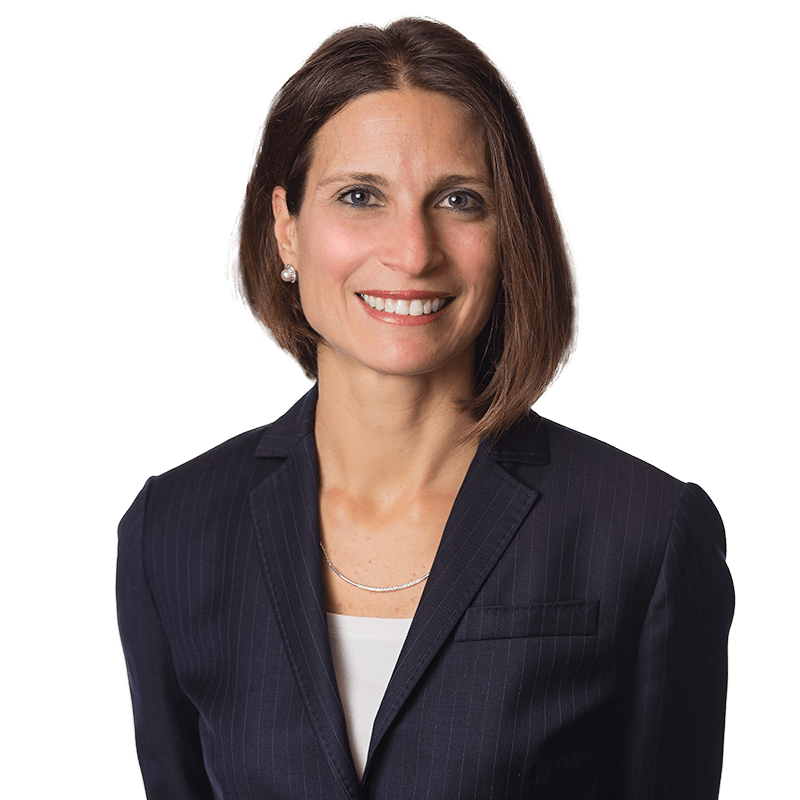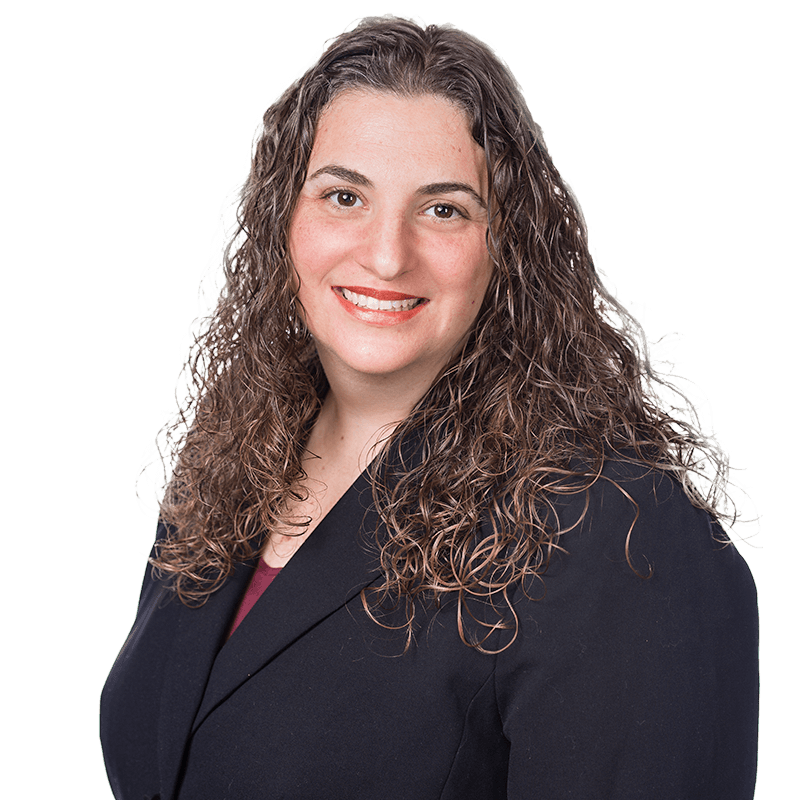September 29, 2020
Source: Saiber Employment Law Alert
The United States Department of Labor (“DOL”) recently revised regulations for COVID-19-related paid sick leave and expanded family and medical leave taken pursuant to the Families First Coronavirus Response Act (“Families First Act” or “FFCRA”).
The revisions were made in response to a decision by the United States District Court for the District of New York on August 3, 2020 which invalidated four parts of the DOL’s April 1, 2020 temporary rule, implementing the Families First Act. New York v. U.S. Dep’t of Labor, 2020 WL 4462260 (S.D.N.Y. Aug. 3, 2020). In issuing the revised regulations, and rejecting one aspect of the District Court of New York’s decision, the Department of Labor reiterated that paid sick leave and expanded family and medical leave may only be taken under the Families First Act if the employee has work from which to take leave.
The DOL revisions to the Families First Act regulations clarified the following points:
- Where intermittent Families First Act leave is permitted, an employee must obtain employer approval to take such leave intermittently. In connection with this, however, the Department of Labor explains that when schools are partially closed during the week, each day of closure for which leave is required, may be considered a separate leave and not an intermittent leave, and therefore employer consent may not be necessary.
- The definition of “healthcare providers” who may be excluded from FFCRA leave is revised and limited to include only employees who meet the definition of that term under the Family and Medical Leave Act regulations or who are employed to provide diagnostic services, preventative services, treatment services or other services that are integrated with and necessary to the provision of patient care which, if not provided, would adversely impact patient care. The revised regulations provide examples of employees who are excluded from the definition of “healthcare provider” such as: information technology professionals, building maintenance staff, human resources personnel, cooks, food service workers, records managers, consultants, and billers. Thus, those who are excluded from the revised definition of health care provider may now be entitled to leave under the Families First Act.
- The information the employee must give the employer to support the need for his or her leave need not be given “prior to” taking paid sick leave or expanded family and medical leave, but rather may be given as soon as practicable.
The revised regulations went into effect on September 16, 2020 and will apply to leaves of absence taken through December 31, 2020, the expiration of the Families First Act’s paid leave provisions. Employers should consult with counsel in assessing the impact of these revisions to their workforce and in complying with their obligations under the Families First Act and similar laws.


